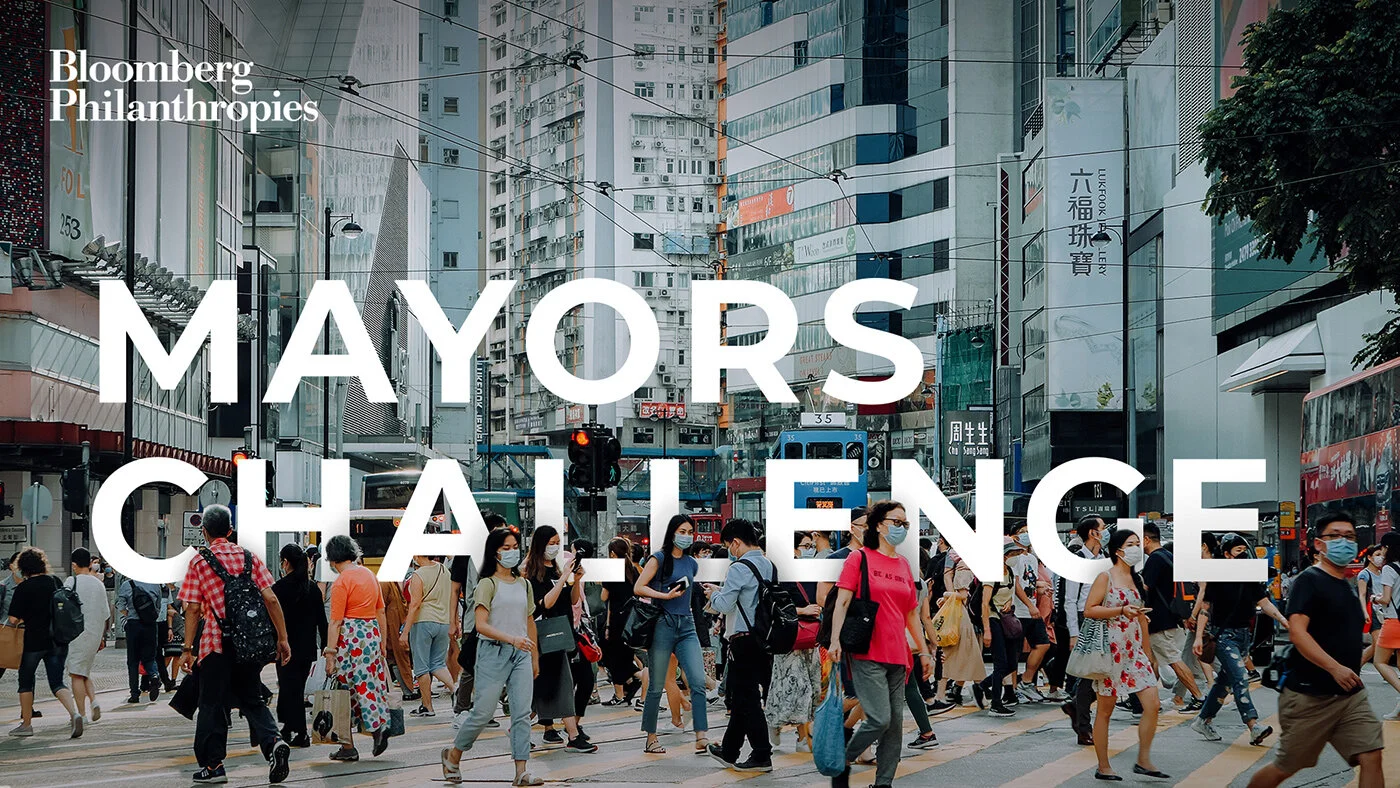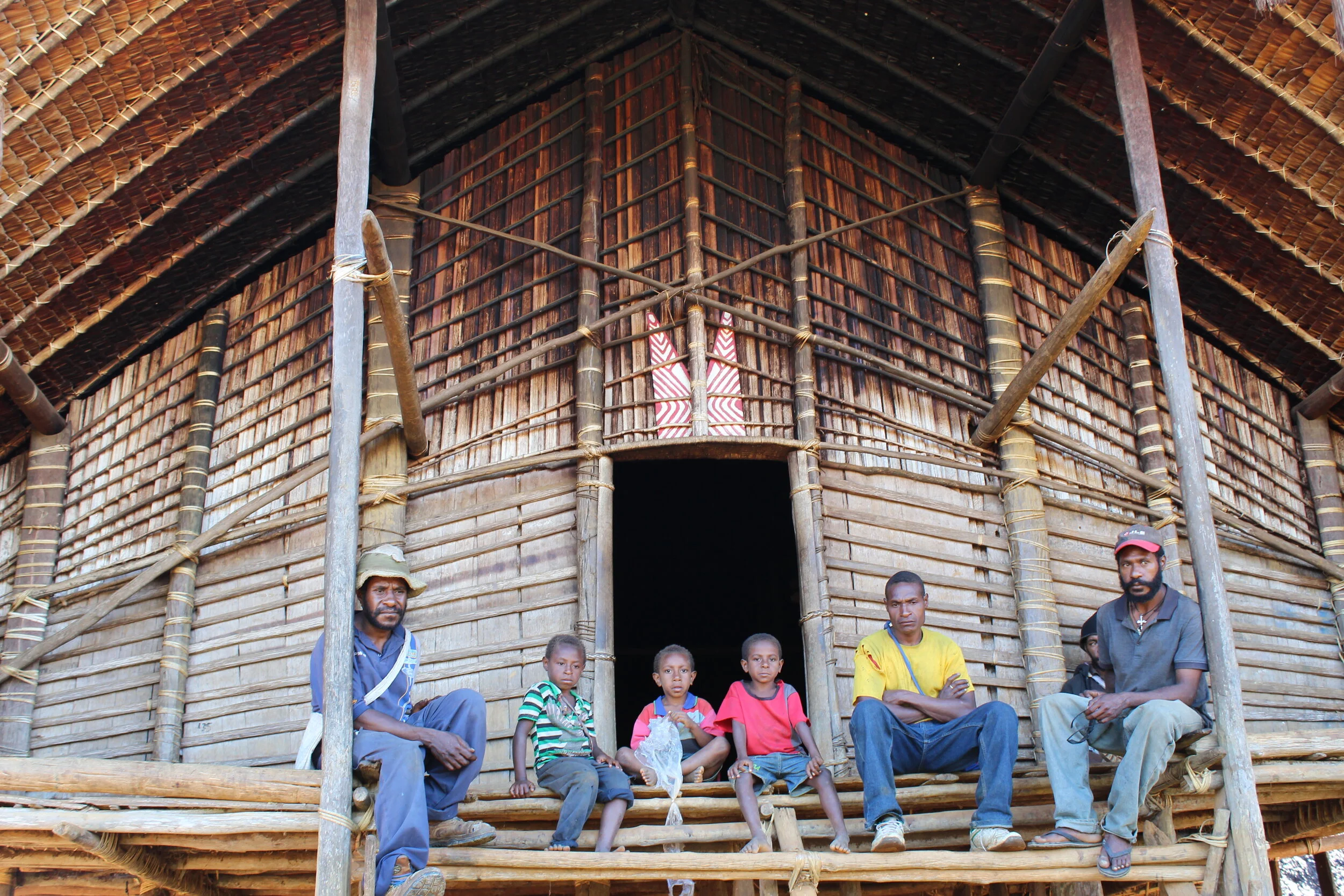Wellington is recognised for its exemplary commitment towards living with nature. The city stands out for its steadfast dedication to conserving and restoring natural habitat in both urban and natural areas through innovative programmes.
Read MoreThe building of 54 engineered reef "pyramids" as part of the reef enhancement work for the Te Ara Tupua project has begun.
A Destination Skatepark in Kilbirnie is getting ready to roll with skatepark specialist company CONVIC confirmed as designers.
Read MoreA recent survey shows no native birds are seriously at risk in the capital anymore, and regionally bird numbers are soaring sky high.
Read MoreDixon Street’ in Wellington has had an urban design makeover which is the the latest outcome of the Pōneke Promise– a partnership programme designed to improve safety and a sense of vibrancy in the central city.
Read MoreWellington may be moving too fast in it’s bid to rid the central city of private vehicles by 2024, according to landscape architect Garth Falconer.
Read MoreTwo of New Zealand’s largest cities are finalists in Bloomberg Philanthropies 2021 Global Mayors Challenge, which recognises bold urban innovations. Wellington and Auckland are among 50 cities selected from 631 applicants.
Read MoreWellington has moved a step closer to realising it’s vision of becoming a te reo Māori capital city by 2040 after city councillors formally endorsed Paekākā as the te reo Māori name for the landscape area including Wellington Botanic Garden, Anderson Park, the top of the Cable Car, and Bolton Street Cemetery.
Read MorePapua New Guinea is a country of diverse tribal culture. Around 80 percent of its residents live in rural areas with no or few modern conveniences. More than 700 native tongues are spoken.
Read More







